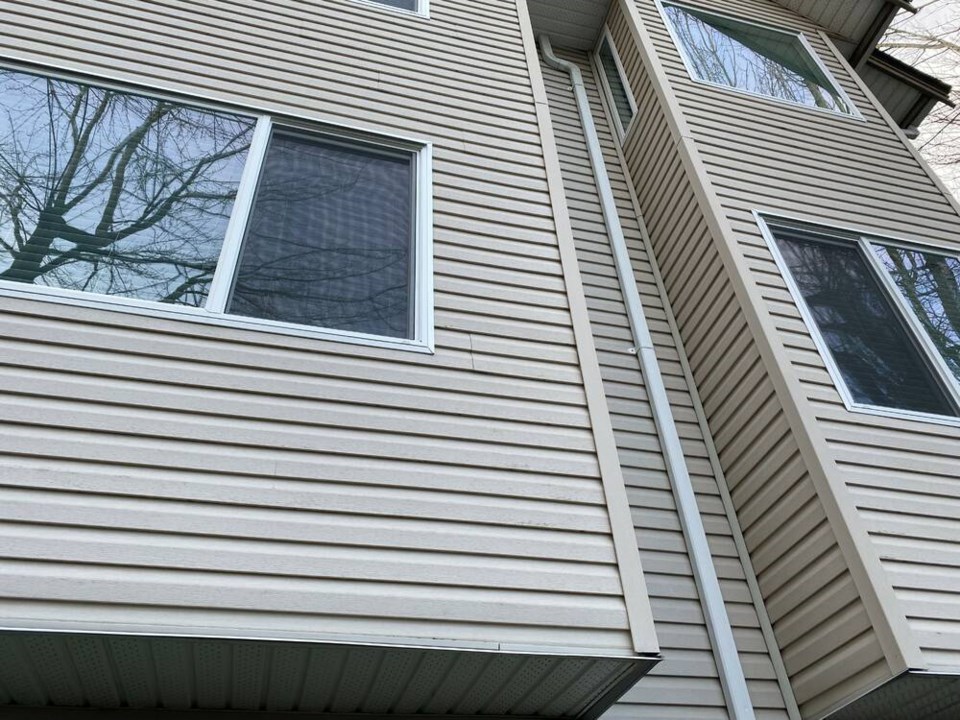A recent report to Metro Vancouver’s Regional Planning Committee doesn’t paint an encouraging picture when it comes to enough affordable rental housing available in Delta and throughout the region.
According to the Metro Vancouver Housing Data Book, although housing construction has increased in the past decade, it is not keeping pace with historical per capita levels and expected population growth, while rental construction is at a 20-year high but still not high enough.
In 2022, 38 per cent of housing starts and 28 per cent of housing completions were rentals.
For almost a decade in the early 2000s, both rental starts and completions were well below 10 per cent, resulting in pent-up demand for new rental housing, the report notes.
It is also important to monitor the number of demolitions as they affect the net unit additions to the housing stock, the report notes.
Meanwhile, 38 per cent of all households in the region were renters, according to the 2021 Census.
The report also notes that one of the priorities set out in the Metro Vancouver Regional Affordable Housing Strategy is to expand the supply of rental housing, including new purpose-built market rental housing.
The City of Delta has proposed strategies to increase the number of rental units, outlined within the city’s Housing Action Plan approved by council in late 2021.
The actions outlined in are based on the findings of the Delta Housing Needs Assessment.
The action plan notes that the housing affordability challenges experienced by renters generally require more intervention than the challenges experienced by owners.
Some of the recommended actions already being implemented is for Delta promote priority housing types through a comprehensive incentives package.
Among the other strategies recommended is for Delta to pilot inclusionary zoning to require that new development includes a portion of units as affordable rentals.
The Metro report notes that in 2021, nearly two thirds (64 per cent) of renter households in Metro Vancouver lived in apartments, with the majority living in low-rise building. The distribution varied significantly across the region, however.
Delta’s housing needs report found that about 75 per cent of the rental stock is provided as secondary rentals, such as suites in detached homes or rented condos.
The amount of primary, purpose-built rental in Delta only accounts for approximately five per cent of Delta’s housing stock.
Meanwhile, increases in household income are not keeping pace with the increases in rents or home sale prices.
According to the housing needs report, “Of those who rent, most rent secondary rental units like basement suites. Research shows that, in B.C., secondary rental units typically have higher rent rates and lower vacancy rates than purpose-built rental. Relying so heavily on the secondary market means more renters are spending more of their income on housing.”
The Metro report notes that the regional median household income in 2020 was $90,000. Households, and especially renters, that make under $45,000 would likely struggle to cover daily living expenses and would also qualify for subsidized housing as their income falls below the BC Housing income limits.
Also, according to the Metro report, the number of renter households in Delta stood at 9,255, while 27.4 per cent had a total household income under $45,000. Renter households that had a total income between $45,000-to-$69,000 was at 18.8 per cent.
A Delta staff report last fall on the B.C. government’s housing target for the city notes that to support new units that better reflect the province’s guideline recommended unit types, additional focus would be needed on market rental units, below-market rental units, including below-market units with on-site supports, and units with three or more bedrooms.
“Many of these unit types are less feasible for developers to construct and typically are not realized through the market alone. Rather, they require governmental intervention through policy requirements, incentives, site specific negotiations, and/or targeted investment,” that report notes.




